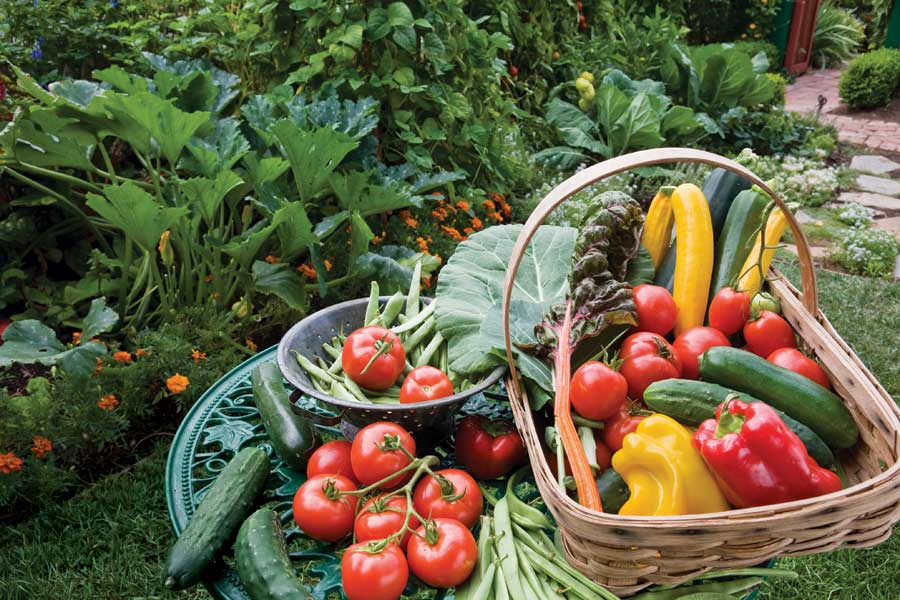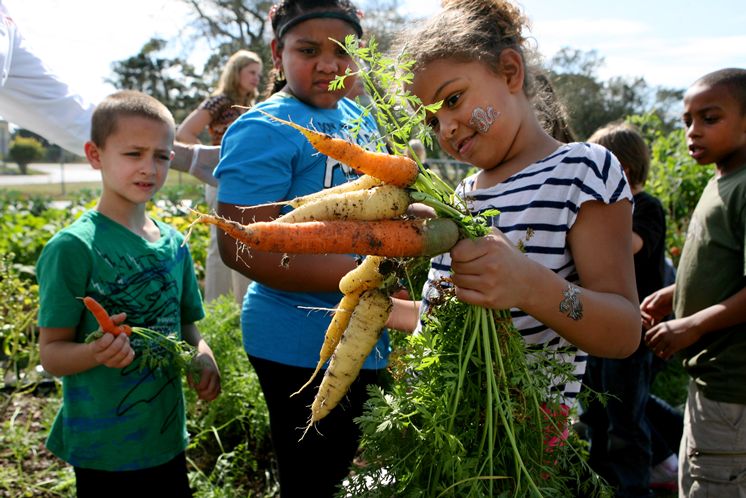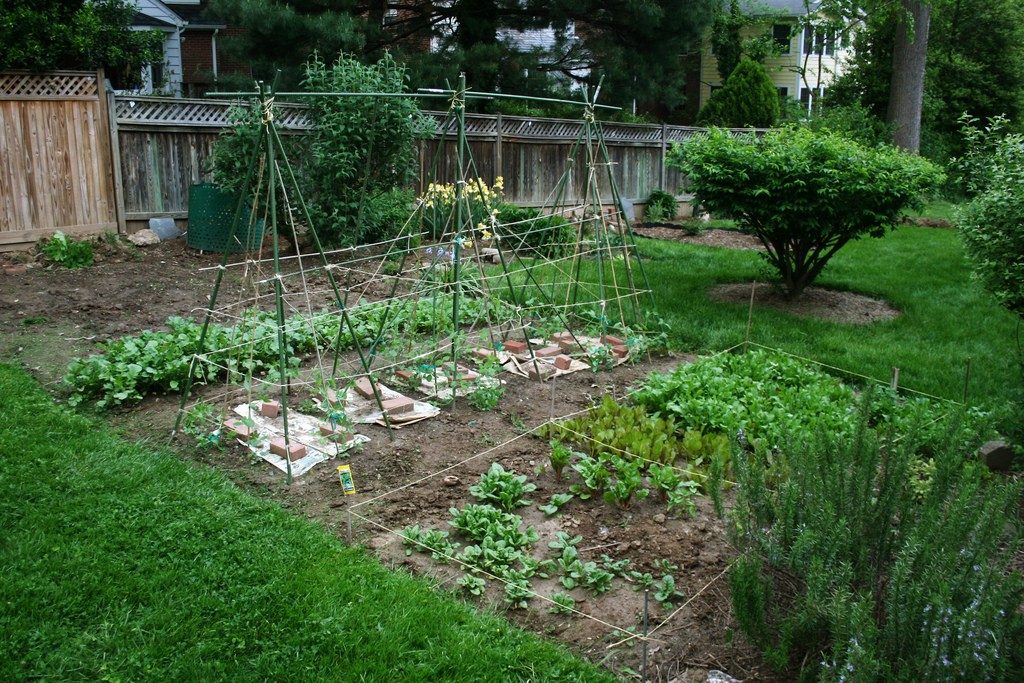A simple backyard garden is a great way to get kids outdoors, teach them about how plants grow, and produce some tasty veggies.
Time outdoors is beneficial for everyone, but it’s crucial for children’s development. Sarah Sinclair, owner of Oakwood House (a nature-based childcare) explains, “Gardening is a great way to introduce children to a lifelong relationship with nature, help them disconnect from media, provide an emotional and creative outlet, and get them connected to their food sources.”
Cultivating Responsibility
Maintaining a garden takes a lot of work. Employing your kids to help with a family garden teaches them the importance of managing responsibility. Learning to maintain their plants will help them see how their work can directly affect the outcome of a project.
Amanda Montgomery, the founder of Hummingbird Gardens, says, “Gardening with your kids gives them a buy-in and a sense of power in the decision-making process. It lets them feel like they belong and gets them invested in the process.”
Ownership of their garden project helps children to learn what it takes to see something through from start to finish, a skill that they can carry through their entire lives.
Observation and Science
“You can see a change in the way the children learn to observe things. When they’re outside in the same place repeatedly, they start to notice things and ask questions. It gives us the opportunity to educate them on things that they’ve noticed, making the learning more personal,” says Montgomery.
Montgomery and Sinclair agree that the hands-on nature of gardening also offers irreplaceable opportunities for teaching kids about basics concepts like how a plant grows and what happens to local vegetation during the different seasons.
As children become curious about what will happen next, they can begin to practice the scientific process, making a hypothesis about what will happen and experimenting with different amounts of water and sunlight to see what helps a plant grow best.
Healthy Eating
Gardening’s biggest reward is being able to eat the tasty veggies after your harvest. However, Montgomery claims the benefits of gardening for children go well beyond just being able to have a tasty salad.
“The children do everything with me. I’ve seen that if they grow the vegetable, they’re much more likely to eat it. We’ve even cured a few picky eaters this way,” Montgomery says. “We’ve had kids come back after they’ve left the program, and their relationship to food is totally different. They’re more curious and more likely to try new things. Overall, they’re more comfortable with foods and don’t care if there’s a speck of dirt on it, or if it looks a little weird.”
Positive Mental Attitude
“It’s important to note that sometimes our gardening endeavors don’t work as planned. Sometimes we overwater, sometimes a plant doesn’t get enough sun, and sometimes plants just don’t produce. Every master gardener has gone through these failures. These are valuable experiences that help children become a successful problem solver and to regulate their emotions when things don’t work out,” says Sinclair.
Being in nature has been proven to have positive effects on health, no matter what your age. But, as Sinclair suggests, failing at things like gardening can teach children how to deal with problems throughout their lives.
Ultimately, backyard gardening is a great way to relax and creatively use some of your outdoor living space. The inherent benefits of including your children in the operation can have a lifelong effect.
Need some garden inspiration? Check out our Pinterest board and remember dirt don’t hurt.



